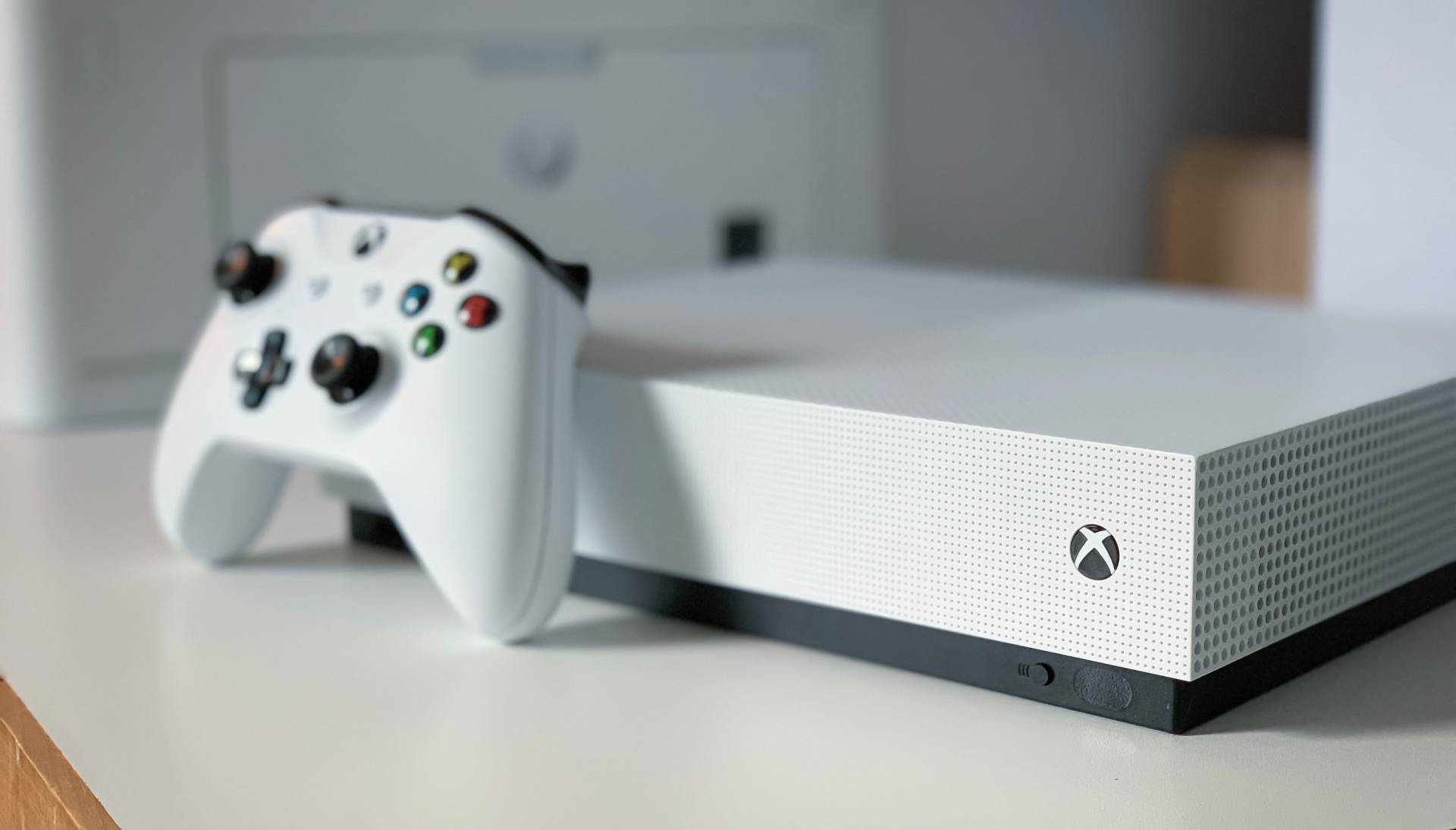In a high-stakes legal battle, Microsoft and Activision CEOs, Satya Nadella and Bobby Kotick, took the witness stand to defend their $68.7 billion megadeal. The Federal Trade Commission (FTC) sought to scrutinize the deal, but the drama extended beyond the courtroom. In this article, we delve into the key testimonies and developments that unfolded during the fourth day of the FTC v. Microsoft case.
Activision CEO Bobby Kotick took the stand first, providing a brief history of how he resurrected the company from insolvency over 30 years ago. He emphasized the annual release of the immensely popular Call of Duty franchise, which was inspired by EA’s Medal of Honor. Kotick revealed that Activision had to implement a compensation and reward system to motivate developers to work on sequels.
When questioned about Call of Duty’s exclusivity, Kotick explained that making the game exclusive to one platform would alienate the massive player base of 100 million monthly active users. He emphasized the passion and investment gamers have in the Call of Duty experience, comparing it to a sport.
Activision’s strategy focuses on using its publishing strength instead than signing exclusive contracts. Head of Xbox Creator Experience Sarah Bond previously testified that Microsoft and Activision reached a new revenue-sharing agreement in order to ensure that Call of Duty will be tailored for the release of Xbox Series S and X systems. Kotick admitted that Activision had erred by not releasing Call of Duty on the Nintendo Switch, which ended up being the second most popular gaming platform of all time.
Kotick also expressed his aversion to multi-game subscription services like Xbox Game Pass, claiming that they would degrade the economic value. However, under further questioning, he admitted that there could be strategic reasons to offer content on game subscriptions for a limited duration.
Microsoft CEO Satya Nadella took the stand in the afternoon session, where the FTC questioned him about Xbox’s performance in the gaming market. The regulator presented evidence of Xbox Series S / X gaining market share for three consecutive quarters. Nadella acknowledged the success but claimed that Microsoft had set its targets low in the gaming business.
Nadella expressed his enthusiasm for cloud gaming and its potential for growth. He emphasized Microsoft’s position as a leader in the fast-growing gaming cloud gaming market. The CEO highlighted Microsoft’s commitment to a cloud-first approach, with initiatives like bringing Teams and other software to Meta’s new VR headset. Nadella emphasized his goal of making cloud streaming more mainstream.
When asked about exclusives, Nadella expressed a dislike for console exclusivity but acknowledged that it was the dominant player in the market that defined competition using exclusives. He stated that Microsoft had no intention of withholding Call of Duty from PlayStation and that their goal was to get their content on more platforms.
Elizabeth Bailey, a key witness for Microsoft, presented her analysis of the impact of the Nintendo Switch on Xbox’s market share. Bailey’s research focused on the 10-week launch period of the Switch and revealed a decline in Xbox and PlayStation console usage and game time hours. This analysis aimed to establish the Switch’s status as a competitor to Xbox.
Bailey argued that including the Switch in the global console market would position Xbox as the third-place contender for the past five years. She also highlighted the overlap in games played on PCs and Xbox consoles, indicating that many gamers own both platforms. The FTC challenged Bailey’s opinions, questioning the extent of the Switch’s impact on Xbox and its classification as a competitor.
Jeff Fisher, vice president of Nvidia’s PC business, briefly appeared to assert the superiority of PC gaming over consoles. Fisher also expressed Nvidia’s dissatisfaction with Xbox’s dismissal of cloud gaming.
The final witness of the day was Dennis Carlton, an economics expert hired by Microsoft. The FTC aggressively challenged Carlton’s credibility, highlighting his $2,000 per hour payment from Microsoft and the exclusion of his testimony in previous federal cases. The line of questioning aimed to undermine Carlton’s claims that Sony’s opposition to the merger was driven by a desire to block the deal rather than secure a favorable agreement for Call of Duty.
In a tense exchange, the FTC questioned Carlton’s reliance on a Verge article to characterize the terms of a deal between Microsoft and Nvidia for cloud gaming. Carlton admitted to not reading the agreement directly but defended his use of the article as a reliable source. Microsoft’s lawyers briefly questioned Carlton before the day’s proceedings concluded.
As day four of the FTC v. Microsoft trial unfolded, Activision CEO Bobby Kotick expressed regret over not bringing Call of Duty to the Nintendo Switch, while Microsoft CEO Satya Nadella emphasized his aversion to console exclusives. Elizabeth Bailey’s analysis shed light on the impact of the Nintendo Switch on Xbox’s market share, prompting a debate about the Switch’s classification as a competitor. The controversial testimony of Dennis Carlton added further intrigue to the proceedings.
As the trial enters its final day, the future of the Microsoft-Activision deal hangs in the balance. Xbox CFO Tim Stuart and Steve Singer, SVP of developer relations at Nintendo, are set to provide their testimony. Stay tuned as we cover the final day of the hearing, providing you with the latest updates and insights from this landmark case.
First reported by The Verge.













